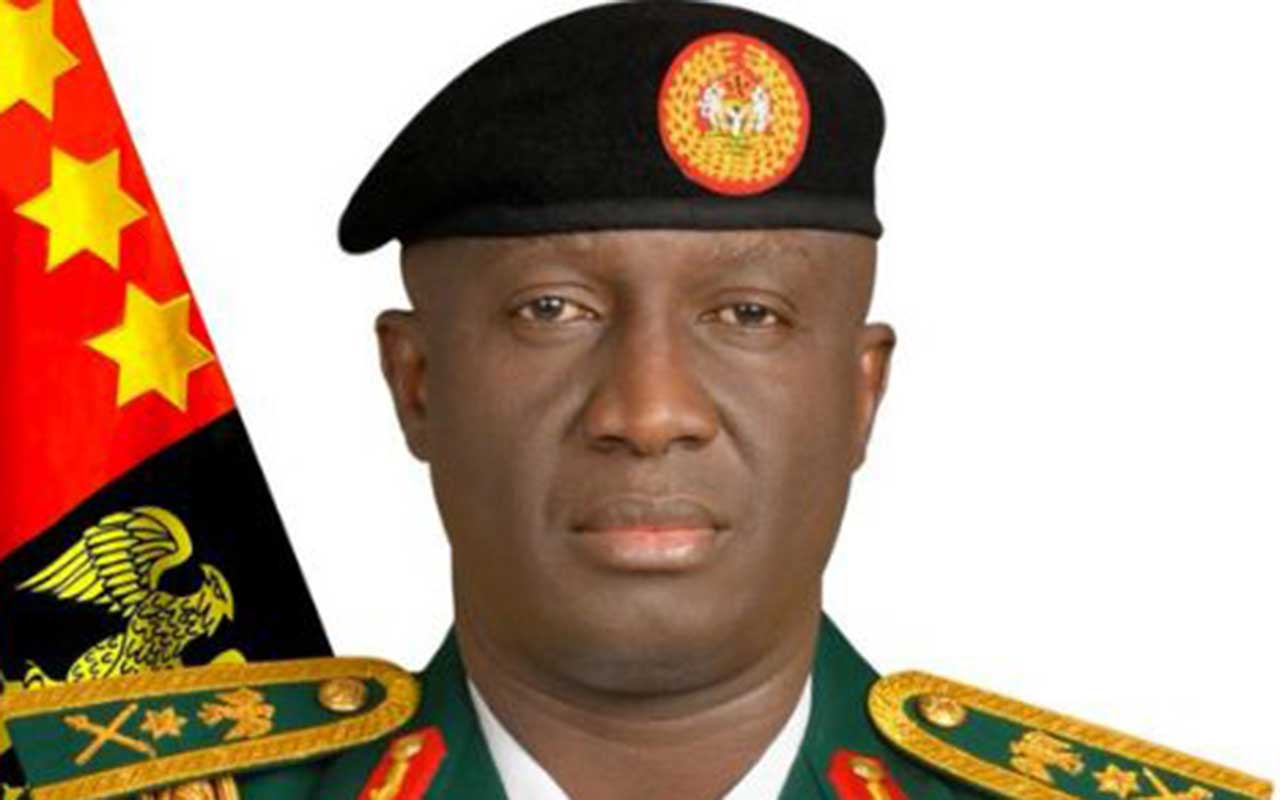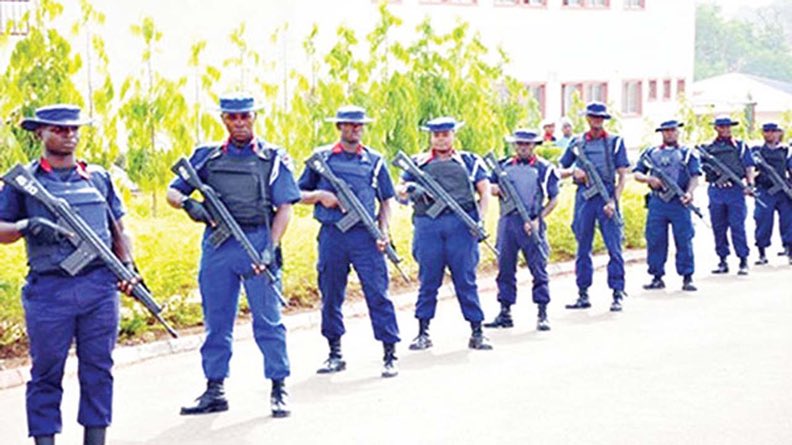• Presidency alleges U.S.-backed plot to brand Nigeria genocidal state
• Nigeria unqualified as secular state, says Amadi
Christian leaders and human rights advocates have expressed deep concern over the rising wave of religiously-motivated killings in Nigeria, revealing that no fewer than 16,769 Christians and 6,225 Muslims were killed between 2019 and 2023 in faith-related violence across the country.
However, the Presidency has accused a group of United States (U.S.) lawmakers and lobbyists of orchestrating a coordinated campaign to mislead President Donald Trump into sanctioning Nigeria by falsely portraying it as a nation that persecutes religious minorities.
Meanwhile, former Chairman of Nigerian Electricity Regulatory Commission (NERC), Dr Sam Amadi, said Nigeria could no longer be described as a secular state since “religion now dictates public policy and governance”.
While warning that the persistent persecution, mob killings and destruction of places of worship threaten the country’s unity, the religious leaders urged the Federal Government to establish the National Council on Freedom of Religion to investigate and prosecute those who violate the rights of citizens.
The leaders spoke at a roundtable organised, yesterday, by the Christian Awareness Initiative of Nigeria (CHAIN) in Abuja, with the theme, ‘Building Synergy among Faith-Based NGOs for Freedom of Religion or Belief’.
Speaking virtually, President of the Para-Mallam Peace Foundation, Dr Gideon Para-Mallam, said the figures of victims underscore the reality of religious persecution in Nigeria.
He said: “Beyond the politics of numbers killed, the fact is, about 145 Catholic priests have been killed in the present insecurity experience in Nigeria. Between 2019 and 2023, about 16,769 Christians and 6,235 Muslims were killed. This isn’t exhaustive research documentation; it is what we were able to document in partnership with Observatory for Religious Freedom in Africa (ORFA).”
ACCORDING to Amadi, Nigeria meets all the conditions to be redesignated by the U.S. as a Country of Particular Concern (CPC) due to persistent violations of religious freedom.
He said: “Nigeria fulfils all the conditions to be on that list. Nigeria has been there before. If you look at reports from Open Doors, Nigeria is one of the worst places for Christians to live and this is not because Christians are not in power. Many Christians have held powerful positions, yet persecution continues.”
Amadi, who is also the Director of the Abuja School of Social and Political Thought, lamented that by allowing religious doctrines to influence state laws, Nigeria has destroyed the liberal spirit of its Constitution, unlike countries such as Malaysia and Indonesia, which have stronger Islamic traditions but firmer boundaries between religion and state.
Chairman of the Kaduna State chapter of the Christian Association of Nigeria (CAN) and Country Director of the Global Peace Foundation, Rev John Hayab, warned that Nigeria would not enjoy peace unless the government enforces equal justice for all victims of faith-related violence.
“Whenever a Christian is killed, we hear excuses. When a Muslim is attacked, we also hear excuses. Justice must not depend on who the victim is,” Hayab said.
Head of the National Directorate of Religious Freedom of the Christian Lawyers Fellowship of Nigeria (CLASFON), Joseph Danboyi, described blasphemy laws as a major threat to civic coexistence, free expression and national unity.
He blamed weak prosecution and selective justice for the rise in faith-related violence, noting that the judiciary and security agencies have failed to deliver justice to victims.
DURING an interview on Arise News Prime Time on Tuesday, Special Adviser to the President on Media and Policy Communication, Daniel Bwala, described the foreign campaign as a “well-funded disinformation drive” built on religious manipulation to undermine Nigeria’s image abroad.
Bwala’s remarks came amid heightened international attention to the security situation in Nigeria’s North-Central region, where recent attacks by armed groups left dozens dead and thousands displaced.
The Presidency has consistently denied allegations of religious persecution, maintaining that insecurity in Nigeria was driven by terrorism, banditry and criminality rather than sectarian bias.






